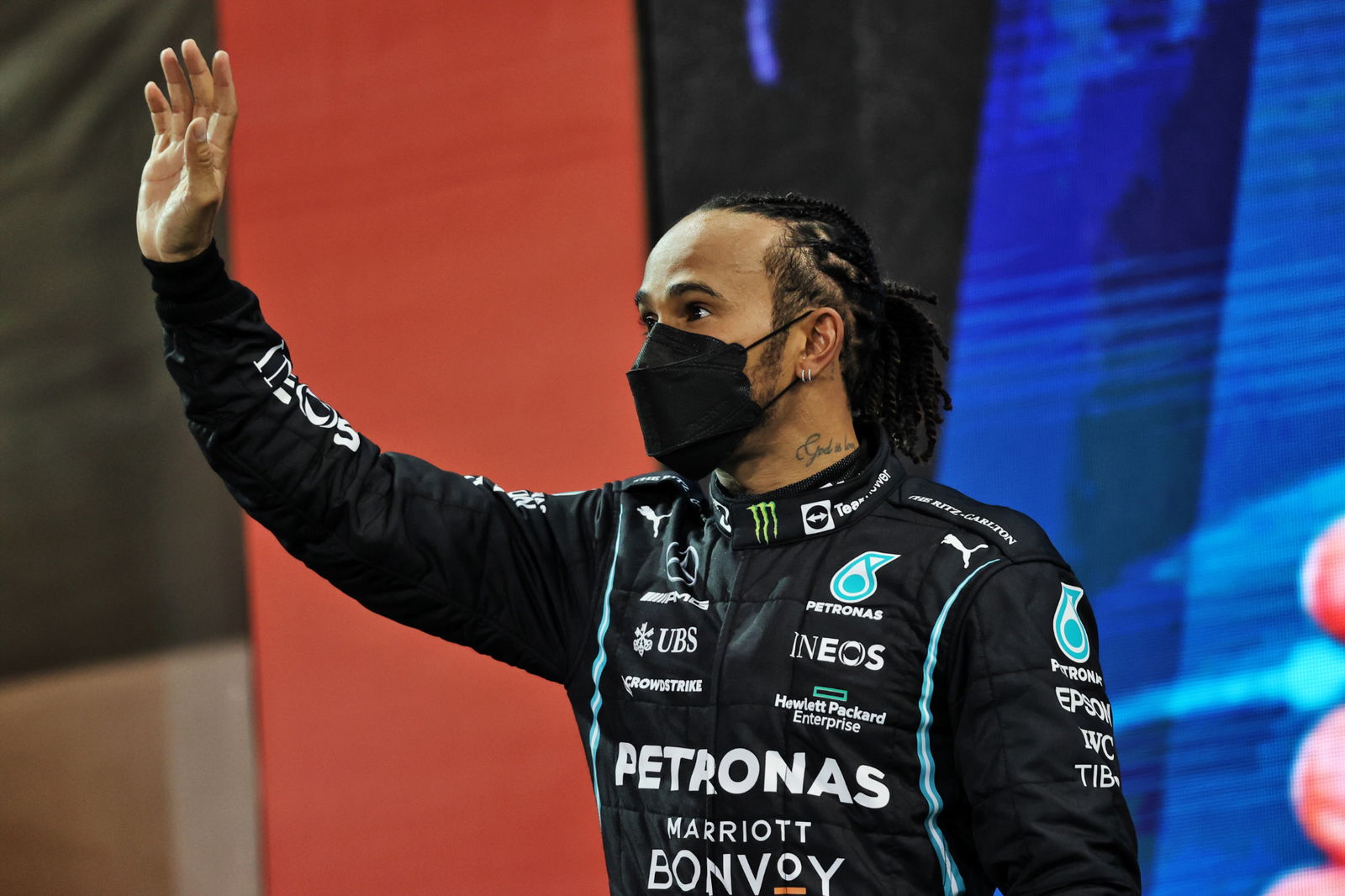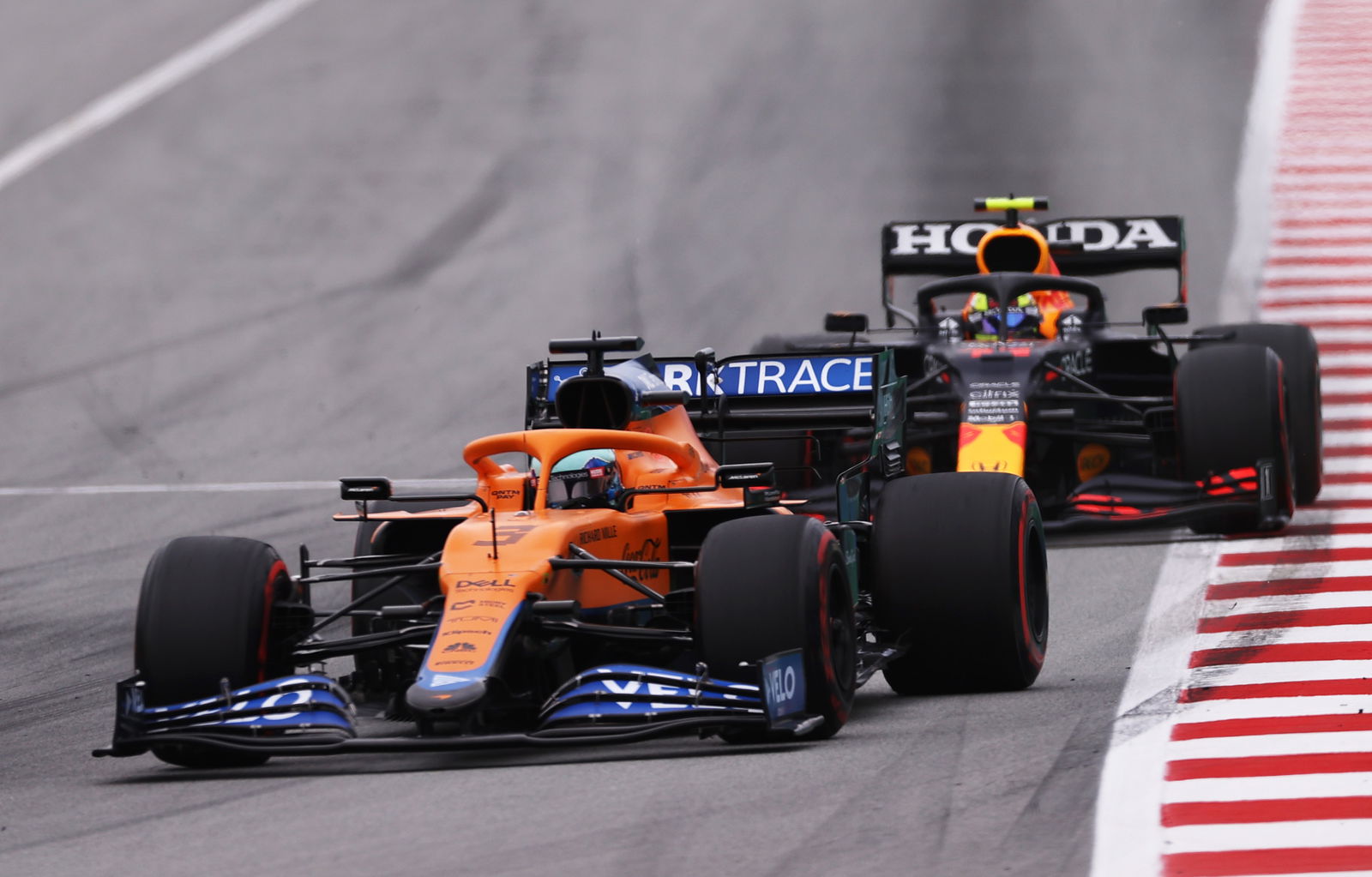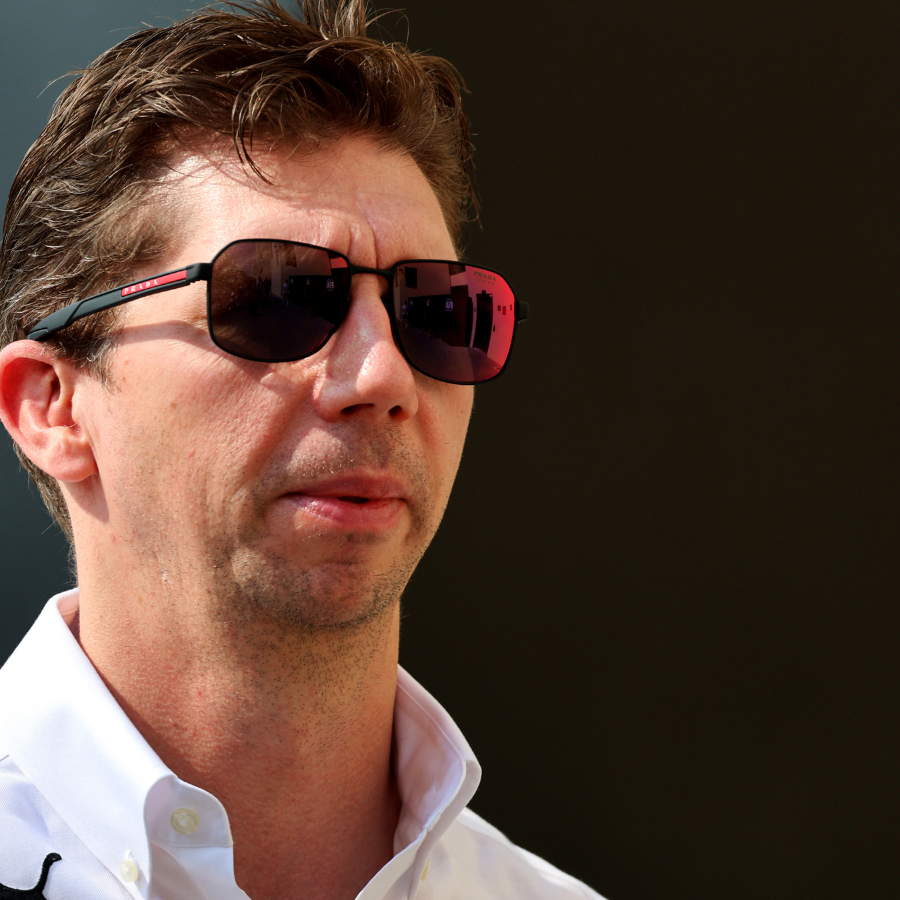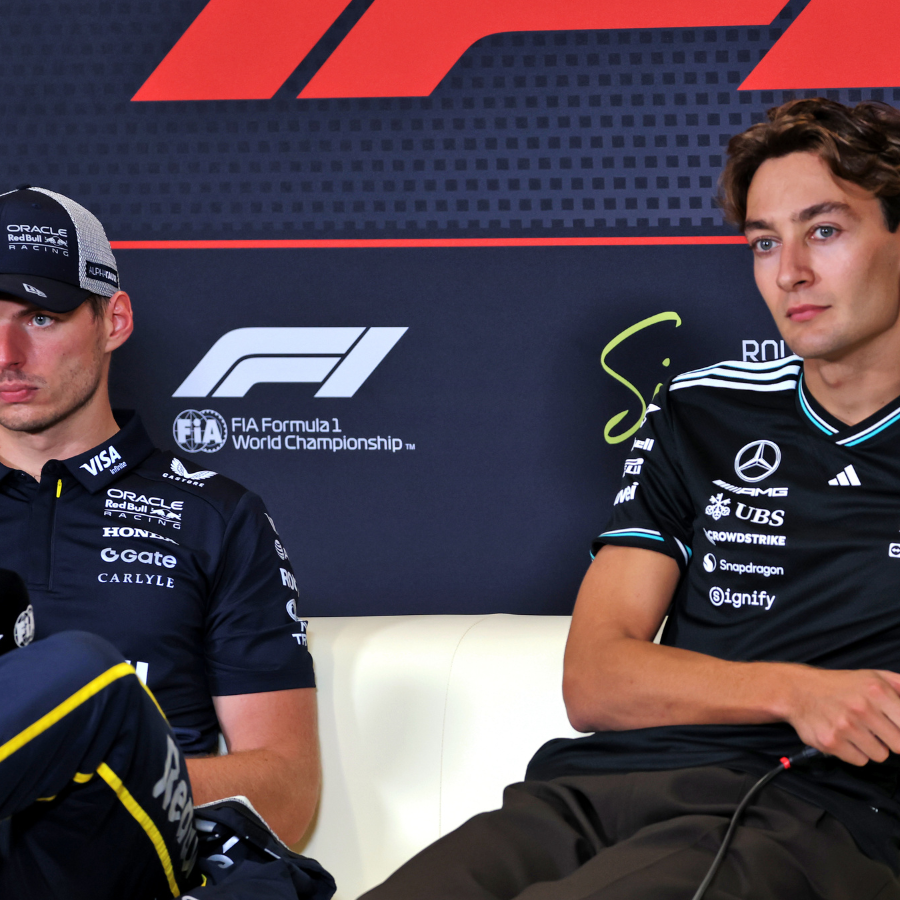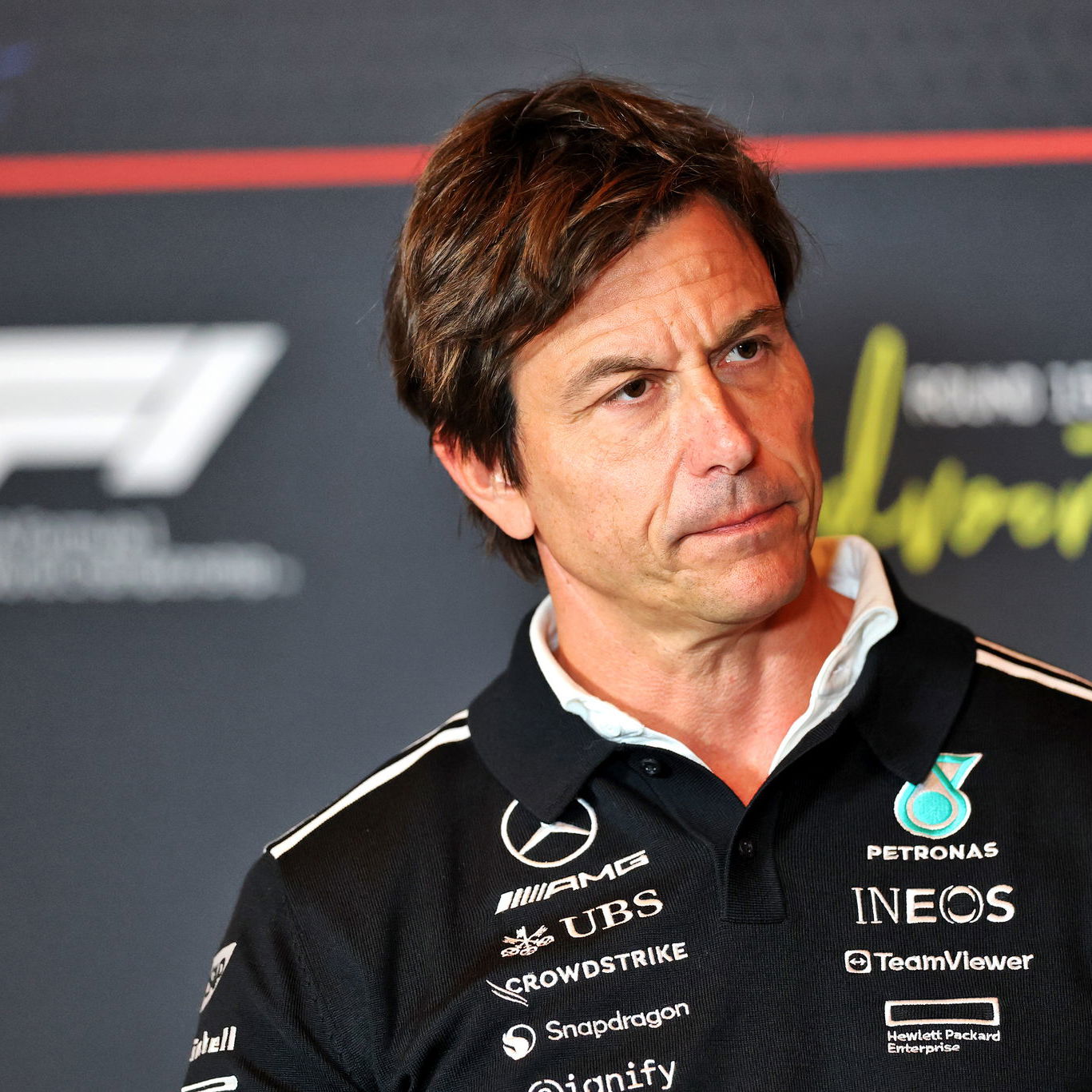F1 teams opt to stick with Pirelli's fixed tyre allocation for 2022

Since 2016, F1 teams had been able to choose how many sets of tyres they wanted from Pirelli’s nominated range for each race, but the rule was dropped as an emergency measure in response to the coronavirus pandemic in 2020.
For the last two seasons, Pirelli has provided exactly the same compound selection to each team for grands prix.
Speaking at Pirelli’s pre-season launch, the Italian tyre manufacturer’s boss Mario Isola revealed that teams have no desire to return to having free choice.
“We had to find a solution for the pandemic to be quicker in reaction,” said Isola.
“But then the teams came back to us saying, actually the system is quite good, we want to keep it for the future. So it was not our decision at the end to continue with this fixed allocation.”
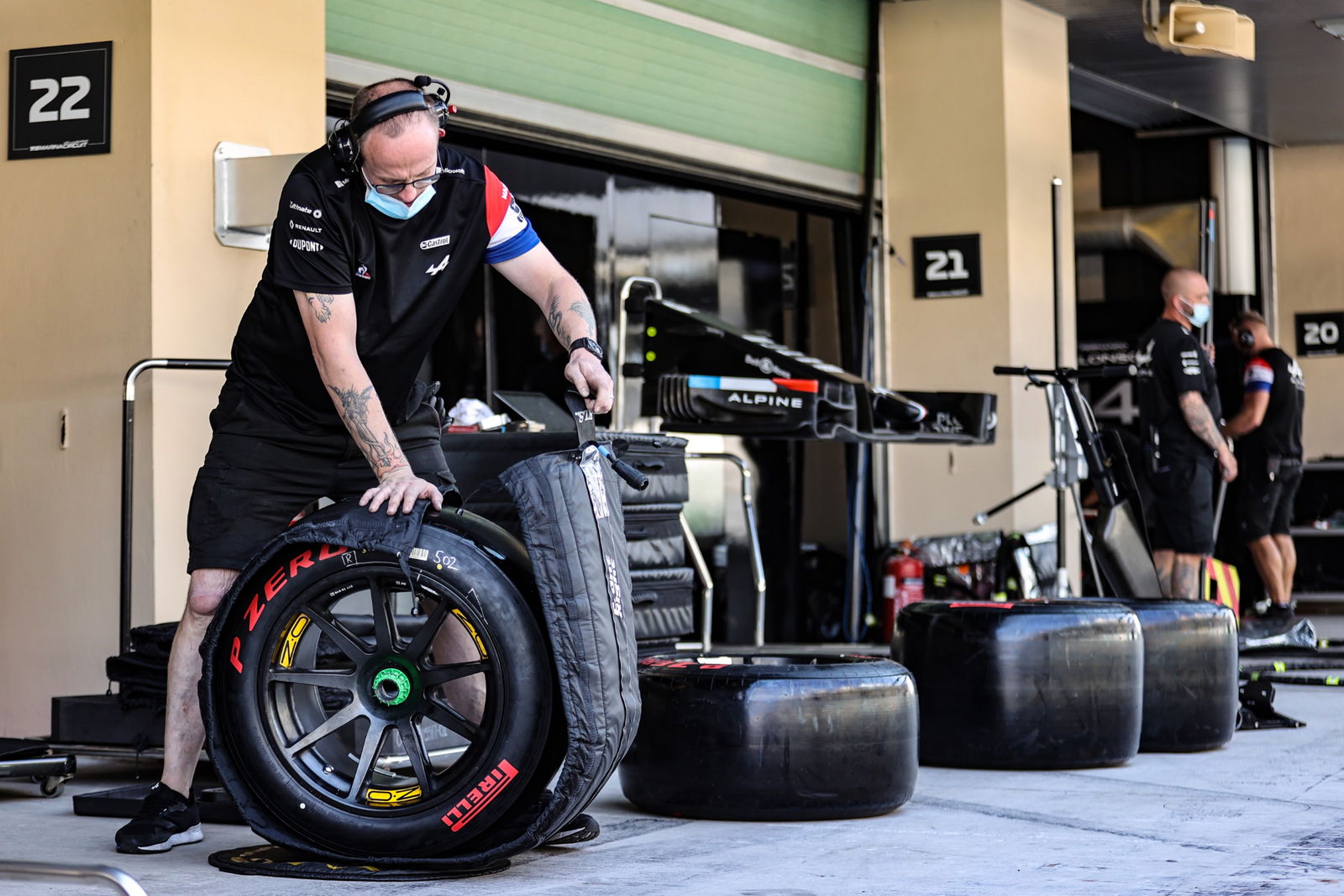
Time and resource constraints have largely influenced this decision, particularly with Pirelli introducing brand new 18-inch compounds for the 2022 season.
Isola said he is unsure if teams will ever want to go back to being able to customise their tyre selections.
“The teams told us that if they have a fixed allocation, and it is the same for everybody, so there is no advantage for one or the other, they can start planning on this fixed allocation instead of spending time and resources and people to think about one set more of medium, or one set less of soft,” he explained. “They have that allocation [fixed now] and they have to work around this.
“In 2020 they said we want to continue for 2021. In 2021, with the new product for 2022, nobody was confident in deciding on the compounds and breakdown and so they want to continue.
"I don't know if in 2023 they want to change but for the moment, this is the answer.”
